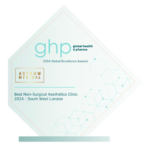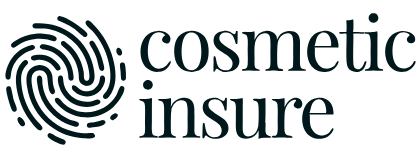Conditions
Red Skin, Rosacea, and Thread Veins
Red skin, rosacea, and thread veins are common dermatological conditions characterized by redness, visible blood vessels, and vascular irregularities on the skin’s surface. While they may share similar symptoms, each condition has distinct causes and treatment approaches.
Causes
Red Skin, Rosacea, and Thread Veins arises from the interplay of several factors:
- Genetics: Individuals with a family history of rosacea or thread veins may be more predisposed to developing these conditions.
- Sun Exposure: UV radiation from the sun can damage blood vessels and exacerbate redness and vascular irregularities on the skin's surface.
- Environmental Triggers: Factors such as hot or cold weather, wind, spicy foods, alcohol, caffeine, and certain skincare products can trigger flushing and aggravate redness in individuals with rosacea.
- Hormonal Changes: Hormonal fluctuations during menopause or as a result of hormonal disorders can contribute to the development or worsening of rosacea symptoms.
- Skin Sensitivity: Individuals with sensitive skin may be more prone to redness and flushing reactions when exposed to certain stimuli.
Red Skin, Rosacea, and Thread Veins
- Red Skin: Red skin, or erythema, refers to the appearance of diffuse redness or flushing on the skin's surface. It can be caused by various factors, including sun exposure, inflammation, allergies, or sensitivities to certain skincare products or environmental triggers.
- Rosacea: Rosacea is a chronic inflammatory skin condition characterized by persistent facial redness, flushing, visible blood vessels (telangiectasia), papules, and pustules. While the exact cause of rosacea is unknown, factors such as genetics, abnormal blood vessel function, immune system dysfunction, and environmental triggers can contribute to its development.
- Thread Veins (Telangiectasia): Thread veins, also known as telangiectasia, are small, dilated blood vessels that appear as fine, red, or purple lines on the skin's surface. They commonly occur on the face, particularly around the nose, cheeks, and chin, and can result from sun damage, aging, genetics, hormonal changes, or underlying medical conditions.
Treatment Approach
Treatment options for red skin, rosacea, and thread veins aim to reduce redness, minimize visible blood vessels, and alleviate associated symptoms. Common treatment modalities include:
- Topical Medications:: Prescription creams or gels containing ingredients like azelaic acid, metronidazole, or brimonidine can help reduce redness, inflammation, and flushing associated with rosacea.
- Oral Medications: Oral antibiotics, anti-inflammatories, or medications like isotretinoin may be prescribed for more severe or persistent cases of rosacea to control inflammation and reduce redness.
- Laser Therapy: Laser treatments such as intense pulsed light (IPL) or vascular lasers can target and reduce visible blood vessels and redness associated with rosacea and thread veins.
- Skin Care: Gentle skincare products formulated for sensitive skin, free of potential irritants or allergens, can help soothe redness and minimize flare-ups in individuals with rosacea.
- Lifestyle Modifications: Avoiding triggers such as hot beverages, spicy foods, alcohol, and extreme temperatures, practicing sun protection, and managing stress can help reduce redness and flare-ups associated with rosacea and thread veins.
Recommended Skincare Product from Obagi Medical:
Obagi Rosaclear System: Specifically formulated for individuals with rosacea-prone skin, this comprehensive skincare system includes products designed to soothe irritation, reduce redness, and improve skin tone and texture, providing relief for sensitive, redness-prone skin.
Our Testimonials HEAR WHAT OTHERS THINK OF US




